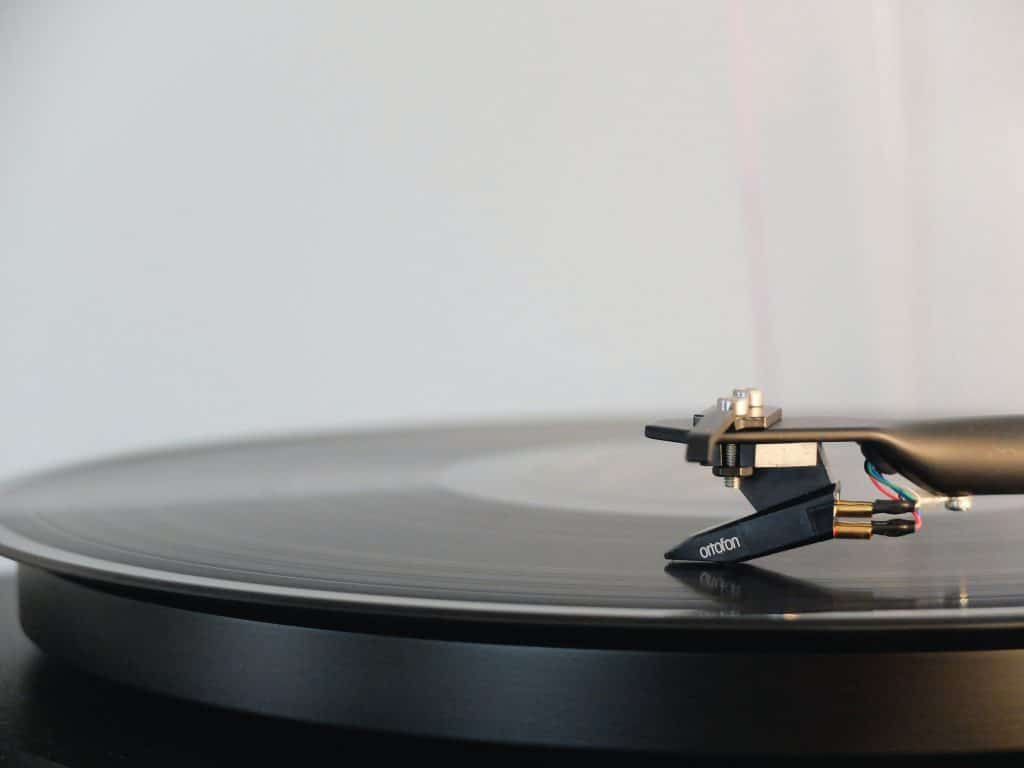Being able to communicate with your fellow family members and friends can be difficult for someone with dementia. According to The Alzheimer’s Society, there are currently 900,000 people with dementia in the UK, with that figure expected to rise to over a million by 2025.
Music is a medium that can affect them in a positive way by improving their wellbeing, while also developing and maintaining relationships with others. There are types of therapy available for people living with dementia, which includes cognitive stimulation therapy (CST). Research has shown that music therapy can be beneficial for helping a loved one with dementia communicate with carers and family members.
This article looks at the relationship between music and dementia and how music therapy can be effective in helping someone with dementia communicate.
What is the relationship with dementia and music?
Listening to music is an experience that is enjoyed by everyone. For people living with dementia, the medium can bring back past musical memories, whether that’s a song you’ve heard at a wedding or a piece of music used to remember a loved one.
It’s a cost-effective way to connect with a loved one, particularly when other forms of communication cannot be used. Music is an incredibly versatile medium as it can be enjoyed not just in an individual setting, but also in group environments, which includes:
- Listening to a live musical performance
- Playing a musical instrument
- Using headphones to listen to music
- Singing in a group setting (i.e. choir)
For a person with dementia, there are a few tips to bear in mind when using music to engage with them. You need to make sure that it’s music that the loved one likes and observe their reaction by watching them listen to the song. If the person you’re caring for with dementia is uncomfortable or distressed by the song being played out, turn the music off.
How is music therapy and dementia linked to one another?
Dementia and music therapy have a lot in common. Ensuring that your loved one gets the best dementia care possible can make a huge difference to a loved one’s quality of life in a care home. The power of music therapy can help improve and support a person with dementia’s health and wellbeing.
The role of a music therapist is to ensure that the needs of a loved one with dementia are being met and any symptoms are managed effectively. The therapist works with caregivers to advise and find strategies where music can be used to alleviate depression, anxiety and apathy for a person with dementia.
Music therapy can help a loved one with dementia in the following ways:
- Evoke lost memories pre-dementia
- Manage and soothe agitation and frustration
- Encourages social bonding, which can make it easier for a person with dementia to connect with their family and carers.
What music therapy and dementia research has been done?
There’s been a lot of research done in the past several years around music therapy and dementia. In particular, the benefits of using music therapy to help people with dementia with their cognitive, mental, physical and social functioning, as well as how music can help with a loved one’s quality of life.
Other areas where research has been done include promoting communication, as well as helping older people with dementia get regular exercise. Music therapy is not just effective as a treatment for dementia, but as a way to prevent getting the disease.
Research into this area is ongoing as researchers continue to study the relationship between music therapy and dementia.
The benefits of music for people living with dementia
For a person with dementia, there are numerous benefits that come with music. Not only can the medium reduce a loved one’s heart rate and blood pressure, but it can release endorphins to help distract them from pain.
When it comes to the benefits that music brings for people living with dementia, it can include the following:
- Giving a person with dementia physical exercise and movement
- Help them to express their feelings and ideas to people
- Playing or singing a piece of music can reduce distress while giving dementia care to a loved one
- Reminisce about past memories of a song that was played on a particular occasion
- Promotes social interaction, as well as reducing social isolation
Music can be a positive tool for helping people with dementia bond and communicate with family members and carers. There are many health and wellbeing benefits for people that are caring for a loved one with dementia to engage with music, whether it’s through physical or social activities.
If you need help caring for someone with dementia, Sova Healthcare provides bespoke healthcare services for dementia patients. Our live-in care services are a great option for a residential care home and can be designed to fit your individual needs and requirements.
You can speak to our team of advisors who will be able to help you with any questions you have about the services we can provide for your loved one.

